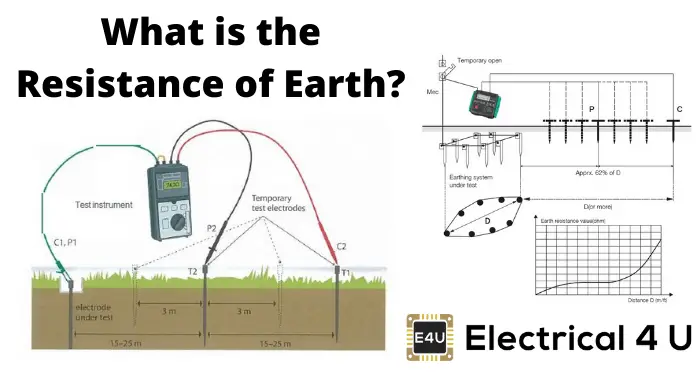Jalpura Khasra no. 439,440, Sector-1 Greater Noida,
Gautam Buddha Nagar, Uttar Pradesh,201306
Factors affecting on Earth resistivity:
Earth resistivity, which determines the effectiveness of an earthing system, is influenced by several factors that can affect the grounding performance. Understanding these factors is essential to designing and maintaining efficient earthing systems. Here are the key factors:
- Soil Composition:The type of soil (e.g., sandy, clay, or rocky) greatly influences its resistivity. Clay and loamy soils have lower resistivity compared to sandy or rocky soils, which are more resistant to the flow of electrical currents.
- Moisture Content: The presence of moisture in the soil lowers its resistivity, as water enhances conductivity. Dry soil has higher resistivity, making earthing less effective in arid regions.
- Temperature: Temperature fluctuations can affect soil resistivity. Frozen soil has higher resistivity due to the lack of free water molecules to conduct electricity, while warmer, moist soil generally has lower resistivity.
- Soil Temperature: Resistivity increases as the temperature drops below freezing, affecting the conductivity. Warmer soils, especially in humid areas, are more conducive to low resistivity.
- Soil Layering: The presence of different soil layers, such as a conductive topsoil layer over a rocky or sandy sublayer, can affect resistivity. Conductive layers help reduce overall earth resistivity.
- Chemical Content:Salts and minerals in the soil can lower resistivity by improving conductivity. Highly mineralized or saline soils tend to have lower resistivity.
- Depth of Electrodes: The depth at which electrodes are buried impacts resistivity. Deeper electrodes are more likely to reach moist or lower-resistivity soil layers, reducing overall resistance.
- Seasonal Variations:Seasonal changes like rainfall or drought can alter soil moisture levels, affecting resistivity. Rainy seasons generally lower resistivity, while dry seasons can increase it.
By considering these factors during the design and installation of earthing systems, you can optimize the performance and reliability of the grounding system.

